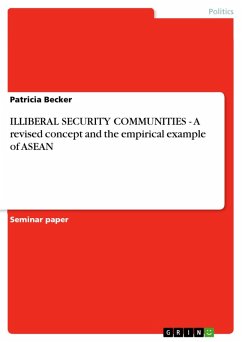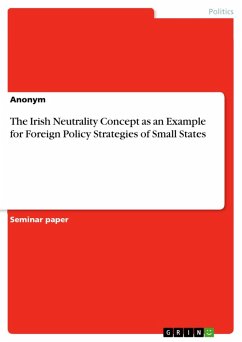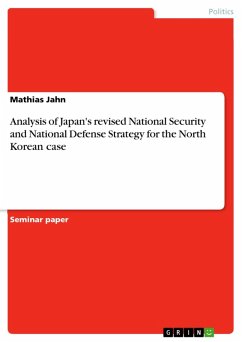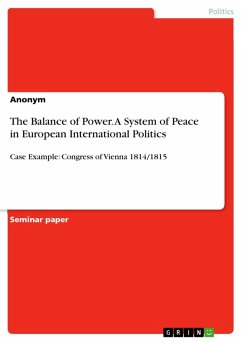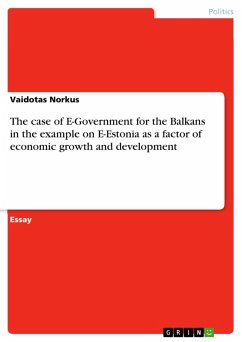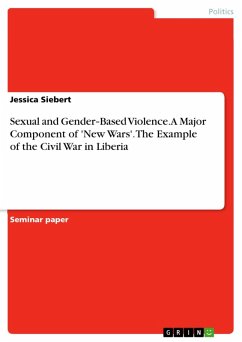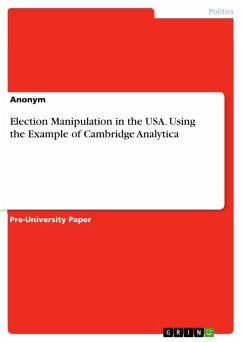Seminar paper from the year 2004 in the subject Politics - International Politics - Topic: Peace and Conflict Studies, Security, grade: 1,0 (A), Free University of Berlin (Otto-Suhr-Institute for Political Science), course: War and Peace, language: English, abstract: The here to be presented idea that also a regions merely consisting of illiberal states might follow the path of peace via the building of a security community is all but uncontested. When I presented the concept of illiberal security communities for the first time1, people felt deeply uncomfortable with it. There were two main reasons for the obvious disapproval. Either the theorem was refused because of its notion of community or due to its illiberal component. The first group of opponents can be labelled as adherents of the (neo-) realist school. They reject the mere idea of inter-state communities ? a concept that goes far beyond self- interest driven (counter-) alliances which, for realists, represent the only possibility of international cooperation. This quite fundamental critique targets primarily the basic concept of security communities that was first deve loped by Karl W. Deutsch and his colleagues in 19572, and which served as 'row material' for the here presented, modified version. The Deutschian theorem of security communities cha llenges the realist paradigm in two respects. Firstly, it negates the axiomatic relationship between anarchy and war, and refuses moreover the inevitability of the war prone security dilemma, which conceptualises international relations as an inherently belligerent, vicious circle of arms races and power accumulation3. Secondly, by stressing the notion of community, the Deutschian analysis incorporates the by realists ignored 'societal' factors - such as loyalty, collective identity and the power of communication in creating trust - as being conductive to a stable peace among community members4. [...] 1 In the course of the summer term 2004 I presented a draft of the theoretical part of this paper to the Colloquium of the Centre for Transatlantic Foreign and Security Policy Studies, Free University of Berlin. 2 Even though the very first notion of security communities was introduced by Richard van Wagenen in the early 1950s, it is noncontentious that Karl W. Deutsch is the 'father' of this concept. Deutsch and his associates were the first in developing a comprehensive theoretical framework of it that was furthermore empirically applied, Deutsch: 1957. For a short overview see Adler/Barnett 1998: 6-9. 3 Hertz 1950: 157. 4 Deutsch 1968: 272f.
Dieser Download kann aus rechtlichen Gründen nur mit Rechnungsadresse in A, B, BG, CY, CZ, D, DK, EW, E, FIN, F, GR, HR, H, IRL, I, LT, L, LR, M, NL, PL, P, R, S, SLO, SK ausgeliefert werden.

